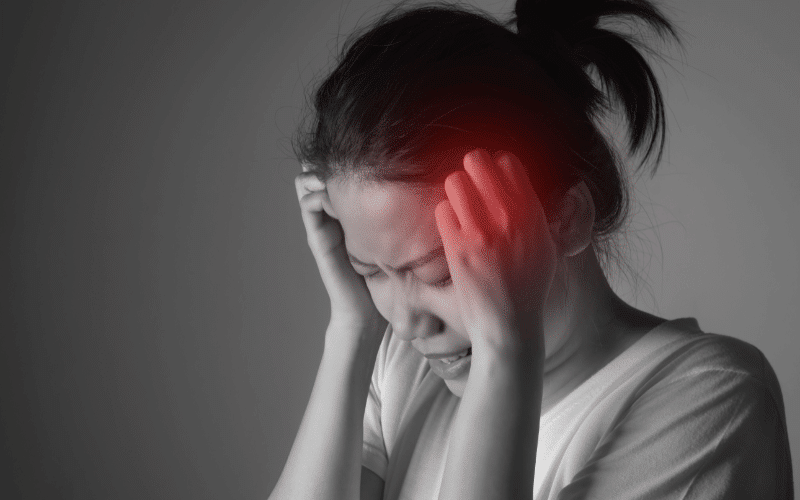Type 22: Depression and Headache

Depression and headaches are often linked, with individuals experiencing depression being more likely to suffer from chronic headaches, such as tension-type headaches or migraines. The pain associated with these headaches can be described as dull, aching, or throbbing, and can be localized to specific areas of the head or affect the entire head.
Treatment for depression-related headaches focuses on addressing the underlying mental health issue, often through a combination of therapy, medication, and lifestyle modifications. Cognitive-behavioral therapy, mindfulness-based interventions, or other therapeutic approaches can help individuals cope with stress, improve mood, and reduce headache frequency.
Antidepressant medications, such as selective serotonin reuptake inhibitors (SSRIs) or tricyclic antidepressants, may be prescribed to alleviate depression symptoms and, in some cases, can also help prevent or reduce headache frequency. Incorporating regular exercise, maintaining a consistent sleep schedule, and practicing stress management techniques can also be beneficial in managing depression and headache symptoms. (22)